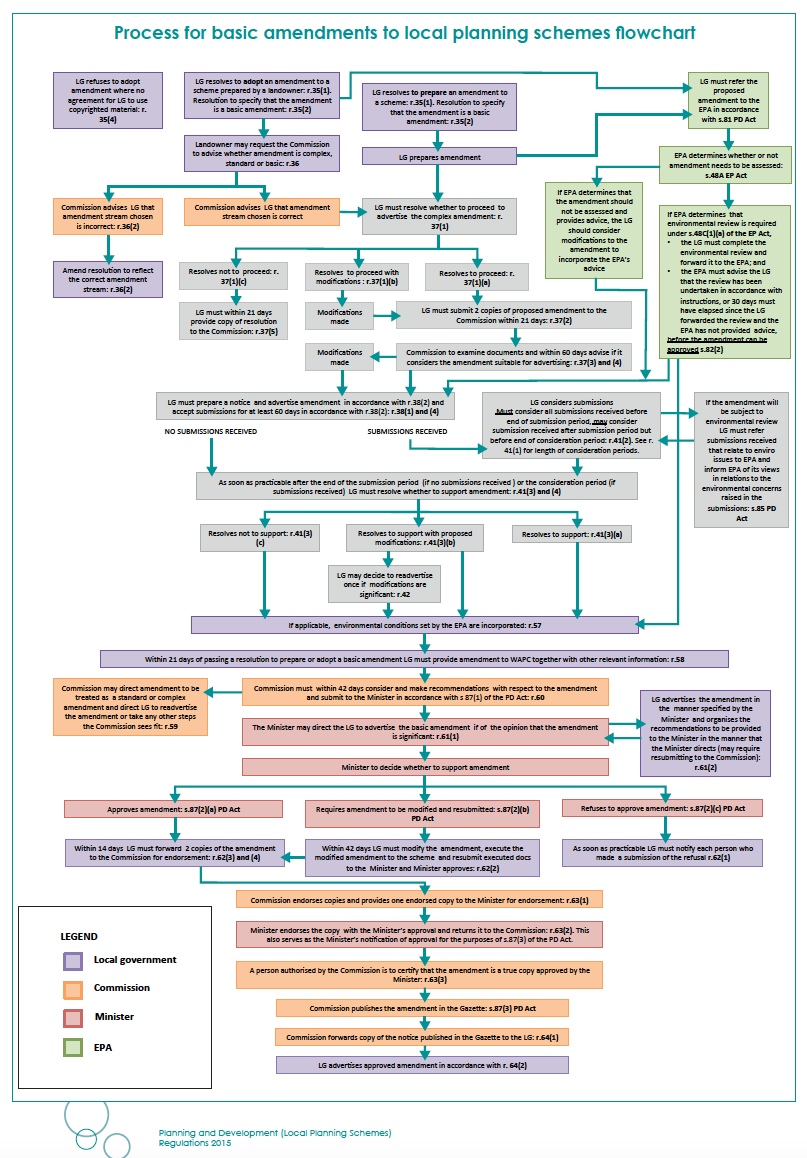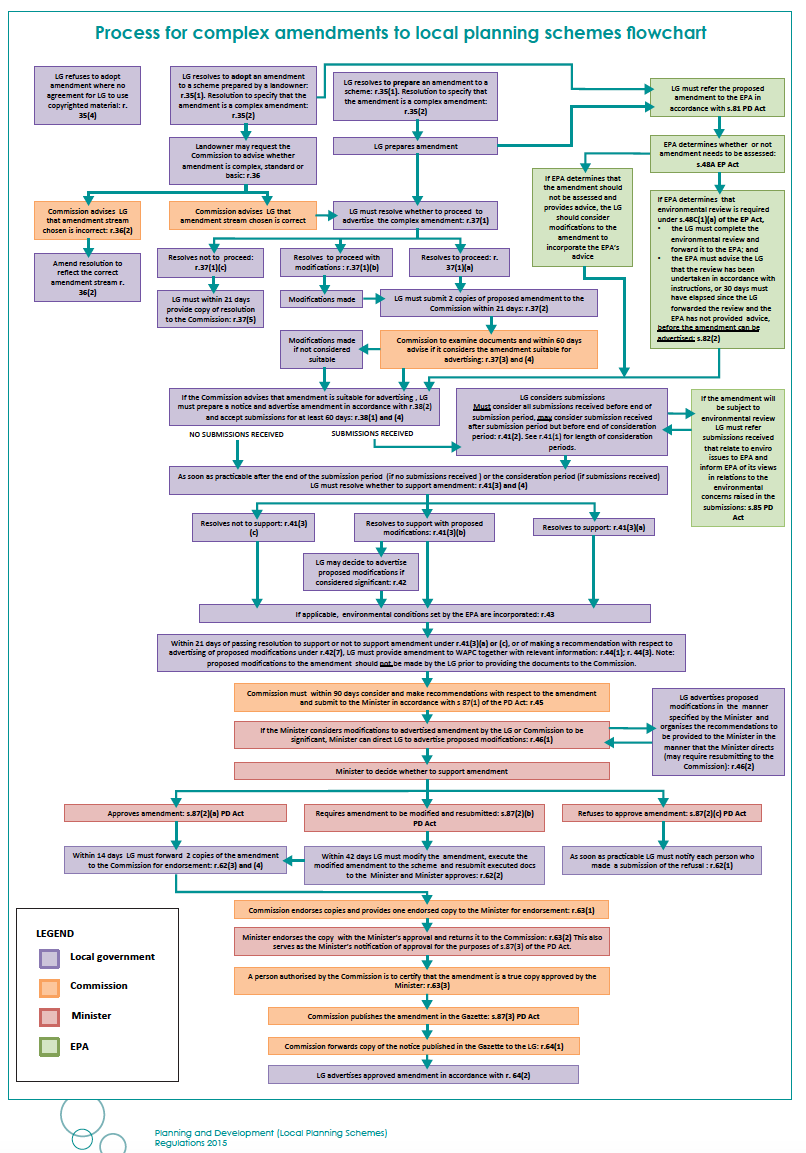Understanding the fundamentals to Scheme Amendments
- Dynamic Planning

- Oct 21, 2021
- 2 min read
As Perth’s urban sprawl continues to push homeowners to the outer fringe suburbs, buyers are substituting the quintessential ‘Australian dream’ approach and considering the possible future investment potential to determine the value of a property.
Where once location, design, size, and price were the major factors to consider, now possible land use and future rezoning opportunities are highly desirable.
However, Scheme Amendments are extremely complex and difficult to navigate. So, to help you get started, here are the fundamentals explained!
To begin it is important to know that there are two types of Scheme Amendments:
Region Planning Scheme Amendments; and
Local Planning Scheme Amendments
Region Planning Scheme Amendments
Amendments to a Region Planning Scheme are treated as either ‘major’ or ‘minor’. The type of amendment is determined by the Western Australian Planning Commission (WAPC).
The process for each amendment is outlined in the flow charts below.


The steps involved in a minor amendment vary from those required for a major amendment with a more substantial assessment and determination process being required for a major amendment.
Local Planning Scheme Amendments
Amendments to Local Planning Schemes can be classified as ‘basic’, ‘standard’ or ‘complex’. The appropriate classification is determined by the relevant local government in conjunction with the WAPC if required.
The steps involved in the various amendment types are slightly different with a key differentiation being the need for and length of advertising.
Flowcharts outlining the process for each amendment classification are outlined below.



But what is the difference between rezoning and a scheme amendment?
Rezoning is one of the most common types of local planning scheme amendments, in which the permission of use for that property could change (i.e. from residential to mixed use).
If you are interested in rezoning your property, it is possible that one or more of the abovementioned processes will be required.
Given the complexity associated with scheme amendments we would recommending consulting with a qualified town planning consultant to determine:
If the proposed scheme amendment has merit and is likely to be supported by the various planning authorities; and
If the cost and time associated with a scheme amendment is worth it for the desired development outcome.
So, before you put in an offer for a future development site or commercial property that you think can be rezoned, give our expert team of experienced town planners a call.
It could save you a lot of time, money and stress!




Comments